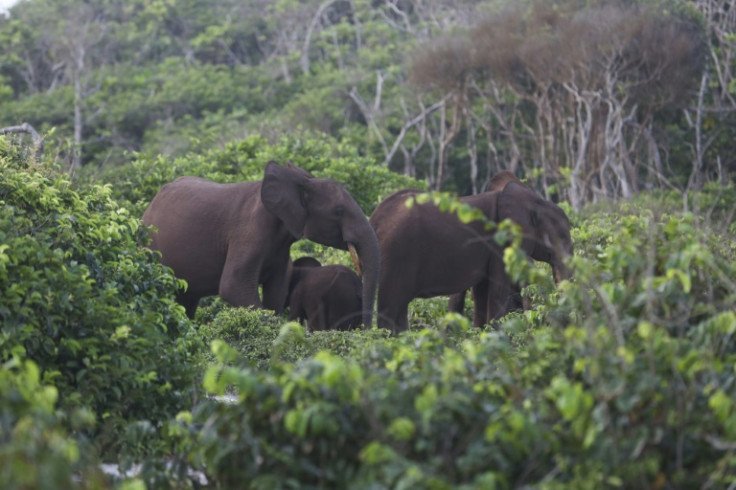Environment Minister Urges South Africans To Participate In International Day For Biodiversity

In the wake of the United Nations celebrating International Day for Biodiversity on Wednesday, Minister of Forestry, Fisheries, and the Environment Barbara Creecy urged South Africans to participate in restoring and protecting the country's biological resources.
The minister said that the Cabinet has recently approved the White Paper on the Conservation and Sustainable Use of South Africa's Biological Diversity, adding that this White Paper will serve as a guiding framework to achieve goals and objectives that are aligned with the Kunming-Montreal Global Biodiversity Framework (GBF).
"South Africa is rich in biodiversity, which is crucial for our ecosystems to function effectively, providing us with clean air, water and medicinal resources amongst the many benefits we derive," Creecy said, SA News reported.
She added, "The White Paper is a milestone achievement for South Africa, as it is aspirational and advocates for a society where all people have a high quality of life, a voice and a nurturing earth supporting them."
The minister further said that the White Paper also aims to ensure that the benefits of biodiversity are shared fairly among South Africa's current and future generations. The strategic objectives include improving biodiversity management to boost the economy, support rural development, create jobs, and enhance social well-being.
"The IDB celebration complements South Africa's initiatives aimed at realizing the White Paper's objective for the conservation and sustainable use of our biodiversity to have an inclusive, transformed society living in harmony with nature," as per Creecy.
She emphasized the need to remind the international community of their commitments to the Global Biodiversity Framework (GBF), especially when the countries are preparing for the 16th Conference of Parties to the Convention on Biological Diversity (CBD COP16) in Colombia later this year.
Creecy went on to share that this includes providing enough funding and support to developing countries to help them implement their National Biodiversity Strategies and Action Plans (NBSAPs), which aim to engage the public in practices that sustain long-term biodiversity benefits.
"I encourage business, environmentalists, academia and civil society to engage with the policies and strategies to determine how each can contribute to the targets of conserving our precious natural assets," she said.
She emphasized that actions matter, no matter how small those actions are as they can make a huge impact on preserving the diversity of life on the planet Earth for not only current generations but also the upcoming ones.
© Copyright 2026 IBTimes ZA. All rights reserved.





















